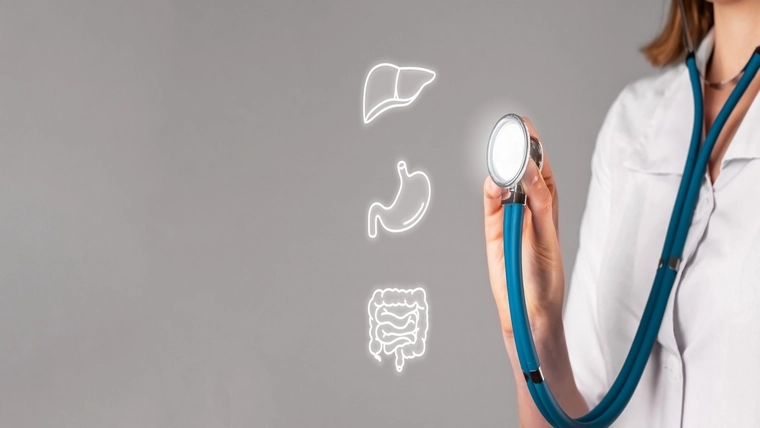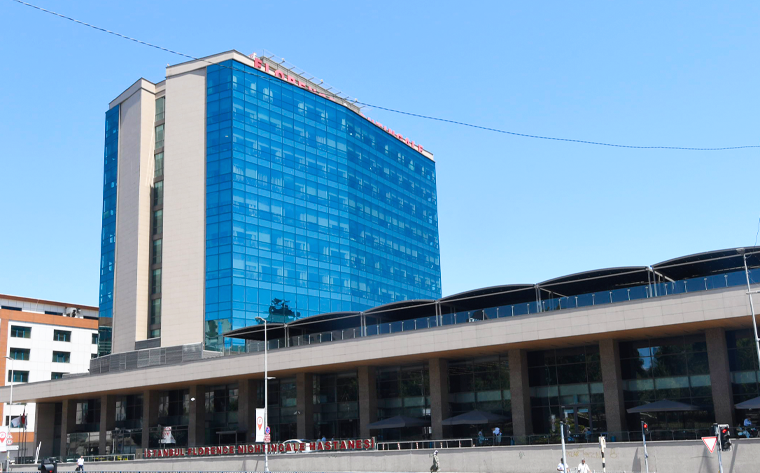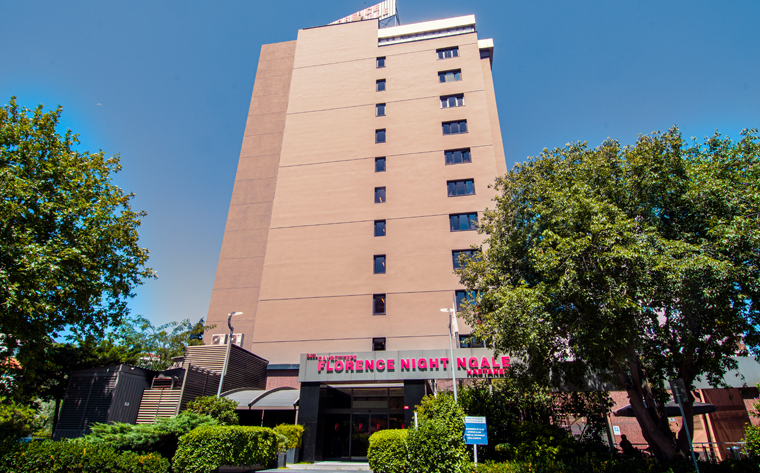
What is the Department of Pediatric Gastroenterology and What Diseases Does It Cover?
Pediatric gastroenterology is a medical discipline that deals with the diagnosis and treatment of diseases of the digestive system, liver, pancreas and nutrition in children. This department deals with the various gastroenterological problems that occur in children from infancy to adolescence.
About the Department of Pediatric Gastroenterology
The Department of Pediatric Gastroenterology specializes in diagnosing and treating problems related to the functioning of the gastrointestinal tract in children. The specialists working in this department have special knowledge and experience in diseases of the digestive system in children. The department uses medical equipment and techniques specially designed to understand and treat children's health problems.
Who is a Pediatric Gastroenterologist and What Are Their Duties?
A pediatric gastroenterologist is a doctor who diagnoses and treats digestive diseases in children. Their duties include evaluating children's gastroenterological problems, making diagnoses, creating treatment plans, and performing surgical interventions when necessary. In addition, these specialists provide dietary and nutritional recommendations to improve children's overall health.
What Diseases Does Pediatric Gastroenterology Cover?
The pediatric gastroenterology department deals with the diagnosis and treatment of various digestive system, liver and pancreas diseases in children. The main diseases and conditions covered in this department are:
- Irritable Bowel Syndrome (IBS): A chronic bowel disorder characterized by symptoms such as abdominal pain, bloating, diarrhea or constipation.
- Inflammatory bowel diseases (IBD): Diseases characterized by chronic inflammation of the intestines, such as Crohn's disease and ulcerative colitis. Symptoms include abdominal pain, diarrhea, weight loss and fatigue.
- Gastroesophageal Reflux Disease (GERD): It is a disorder that occurs when stomach contents leak back into the esophagus and manifests itself with symptoms such as a burning sensation, heartburn and vomiting.
- Lactose Intolerance: The inability to digest lactose in milk and dairy products, which occurs with symptoms such as abdominal pain, bloating, gas and diarrhea.
- Constipation and Diarrhea: Intestinal movement disorders such as long-term constipation or chronic diarrhea are common problems in children.
- Celiac Disease: A disease that causes damage to the small intestine as a result of the immune system's response to proteins called gluten. Symptoms include abdominal pain, diarrhea, weight loss and growth retardation.
- Liver Diseases: Includes various liver diseases such as hepatitis, elevated liver enzymes, and fatty liver disease.
- Pancreatic Diseases: Pancreatic inflammations such as pancreatitis and other pancreatic disorders are included in this scope.
- Eating Disorders: Eating disorders such as anorexia and bulimia and nutritional deficiencies such as malnutrition are important conditions that affect the general health of children.
- Food Allergies and Intolerances: Allergic reactions and intolerances to various foods can lead to gastrointestinal problems.
Pediatric gastroenterologists have specialized knowledge and experience in the diagnosis and treatment of these and similar diseases, and they apply all necessary treatment methods to protect and improve the health of children.
What are Pediatric Gastroenterology Examinations?
Pediatric gastroenterology exams use a variety of methods to assess the health of a child's digestive system. These exams may include a physical exam, blood tests, stool analysis, endoscopy, colonoscopy, and imaging techniques (ultrasound, MRI). During the exam, the doctor also reviews the child's medical history in detail.
What Methods Are Used in Pediatric Gastroenterology Treatments?
Various methods are used in pediatric gastroenterology treatments. These methods include drug therapy, dietary changes, nutritional support, probiotics and, in some cases, surgical interventions. The treatment plan is determined individually depending on the child's specific condition and the severity of the disease.
When Should You Go to the Pediatric Gastroenterology Department?
Child health is an area that requires a delicate balance, and some symptoms and diseases should be evaluated by pediatric gastroenterology specialists. So, when should you go to a pediatric gastroenterology department? Here are the situations you should consider:
- Chronic Abdominal Pain: If your child complains of frequent and prolonged abdominal pain, it is important to see a pediatric gastroenterologist. Chronic abdominal pain can be a sign of serious intestinal problems.
- Loss of Appetite and Weight Loss: If you notice a significant decrease in your child's appetite or weight loss, this may be a sign of a problem with the digestive system. Prolonged loss of appetite and weight loss can be a symptom of various gastrointestinal diseases.
- Persistent Diarrhea or Constipation: Diarrhea and constipation are common digestive problems in children. However, when these conditions become persistent or show abnormal symptoms, it may be necessary to consult a pediatric gastroenterologist as there may be a serious underlying health problem.
- Bloody Stool or Vomiting: If you see blood in your child's stool or if he or she is vomiting frequently, these conditions could be a sign of a serious health problem. Seeing a professional right away is critical for early diagnosis and treatment.
- Gastroesophageal Reflux: Gastroesophageal reflux, which can also be seen in children, occurs when stomach acid leaks into the esophagus. This condition can reduce the child's quality of life and lead to long-term health problems if left untreated.
- Difficulty Swallowing: If your child is having difficulty swallowing, this could be a sign of a serious digestive system problem. It is important for children with difficulty swallowing to be evaluated by a pediatric gastroenterologist.
- Developmental Delay: If your child is developmentally delayed compared to his/her peers, this may be a sign of an underlying digestive system problem. The pediatric gastroenterology department can help determine the cause of the developmental delay and provide appropriate treatment methods.
Pediatric gastroenterologists are doctors who specialize in the diagnosis and treatment of children's digestive system diseases. If your child has any of the symptoms listed above, it is very important for your child's health to see a specialist for early diagnosis and treatment.
As a result, the pediatric gastroenterology department plays a critical role in the diagnosis and treatment of children's digestive system problems. Noticing the symptoms early and consulting a specialist doctor will help your child live a healthy life.
What is Done During a Pediatric Gastroenterology Examination?
During a pediatric gastroenterology examination, the doctor collects detailed information about the child's general health and symptoms. He/she performs a physical examination, refers for necessary tests, and may perform various procedures to make a diagnosis. He/she also determines appropriate treatment methods according to the child's age and symptoms and provides the necessary information to the family.






